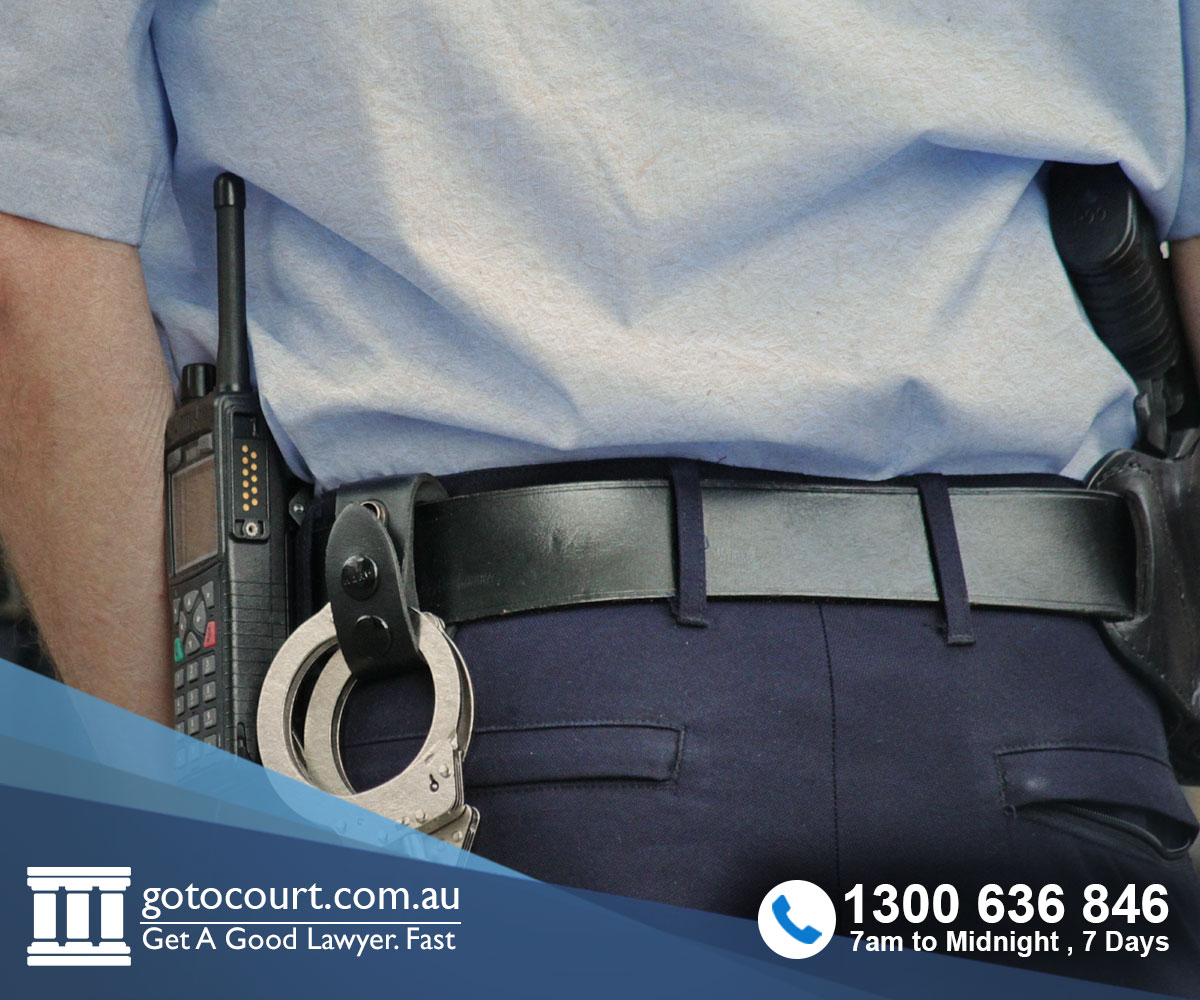Search Warrants (NT)
Search warrants are documents issued by courts that grant police the right to search a person or a property for evidence of a crime. In the Northern Territory, search warrants are usually issued under the Police Administration Act. There are also some situations where police may search premises or a person without a warrant. This page deals with search warrants and when they are required in the NT.
Searches without warrants
There are several situations where police can conduct a search without a warrant.
Where detection dog used
In some circumstances, the police can search a person or a place without the need for a warrant if a detection dog senses the odour of a “dangerous thing” on a person (either on them or within their immediate control) or from a place.
Urgent search
Police have the power under section 119 of the Police Administration Act to conduct a search without a warrant in circumstances of ‘such seriousness and urgency’ that this is required.
Police also have the power to conduct an urgent search without a warrant under section 119AA if they suspect the presence of an unlawful explosive, ammunition or a weapon.
Prescribed respondents
Since changes made in 2025, the police also now have the power to enter a place to exercise a power in relation to a person who is a respondent in a DVO, or a parolee. The police may remain in the place long enough to confirm whether the person is there and exercise a prescribed power in relation to them – for example, arresting a person for breaching a DVO or for breach of parole.
Entertainment venues
The police are also permitted to enter and search public grounds used for entertainment (such as showgrounds, sporting venues and racecourses) without a warrant. The police may then eject anyone who is:
- soliciting for prostitution
- being disorderly or indecent
- a “reputed thief”.
A reputed thief is generally someone who has been found guilty of stealing at least twice in the past five years.
Failure to comply with police instructions is an offence.
Search warrants
Section 117 of the Police Administration Act sets out the grounds on which a court may issue a search warrant. The police may apply for a search warrant to search a person or place by making a statement under oath. The application must set out the grounds for the warrant and a description of the person or place to be searched.
The search warrant itself must also describe the purpose of the warrant, the person or place to be searched and the expiry of the warrant. A warrant can be valid for up to two weeks.
Dangerous drug warrants
The Police Administration Act also contains provisions that apply specifically to searches for dangerous drugs. If a court is satisfied that there are reasonable grounds to believe that a dangerous drug, or equipment for manufacturing a dangerous drug, are present at a place, it may issue a warrant that authorises the police to search:
- the place
- any person found at the place
- any person who enters while the search is underway.
The police may also seize drugs, drug manufacturing equipment, money or things that they suspect are the proceeds of supply of drugs.
Execution of search warrants
A search warrant may describe anything which can be seized during its execution. Police may also seize anything reasonably believed to be connected with an offence. This means that the power to seize items during a search in the NT is somewhat wider than in other states and territories.
Police may use reasonable force to carry out a search. This may include breaking into a place to gain entry, using force to open cupboards and drawers and even using reasonable force on a person to conduct a personal search if they do not comply.
Police can take as long as is reasonably necessary to carry out the search.
Rights and obligations
The police must carry out searches in accordance with the Police Administration Act.
When a personal search is conducted, it should be conducted by an officer of the same sex as the person being searched, or by a doctor.
When the police search premises under a search warrant, they may only search the areas and take the actions listed in the warrant. They warrant must not be conducted at night unless it expressly states that this may occur.
If the police have a warrant to search your premises, you must comply with the search. However, you may refuse to allow a search if they premises that the police are trying to search are not the premises stated in the warrant, or if the warrant period has expired.
Police should provide a copy of the search warrant to the occupier of the premises.
If you require legal advice or representation in any legal matter, please contact Go To Court Lawyers.









